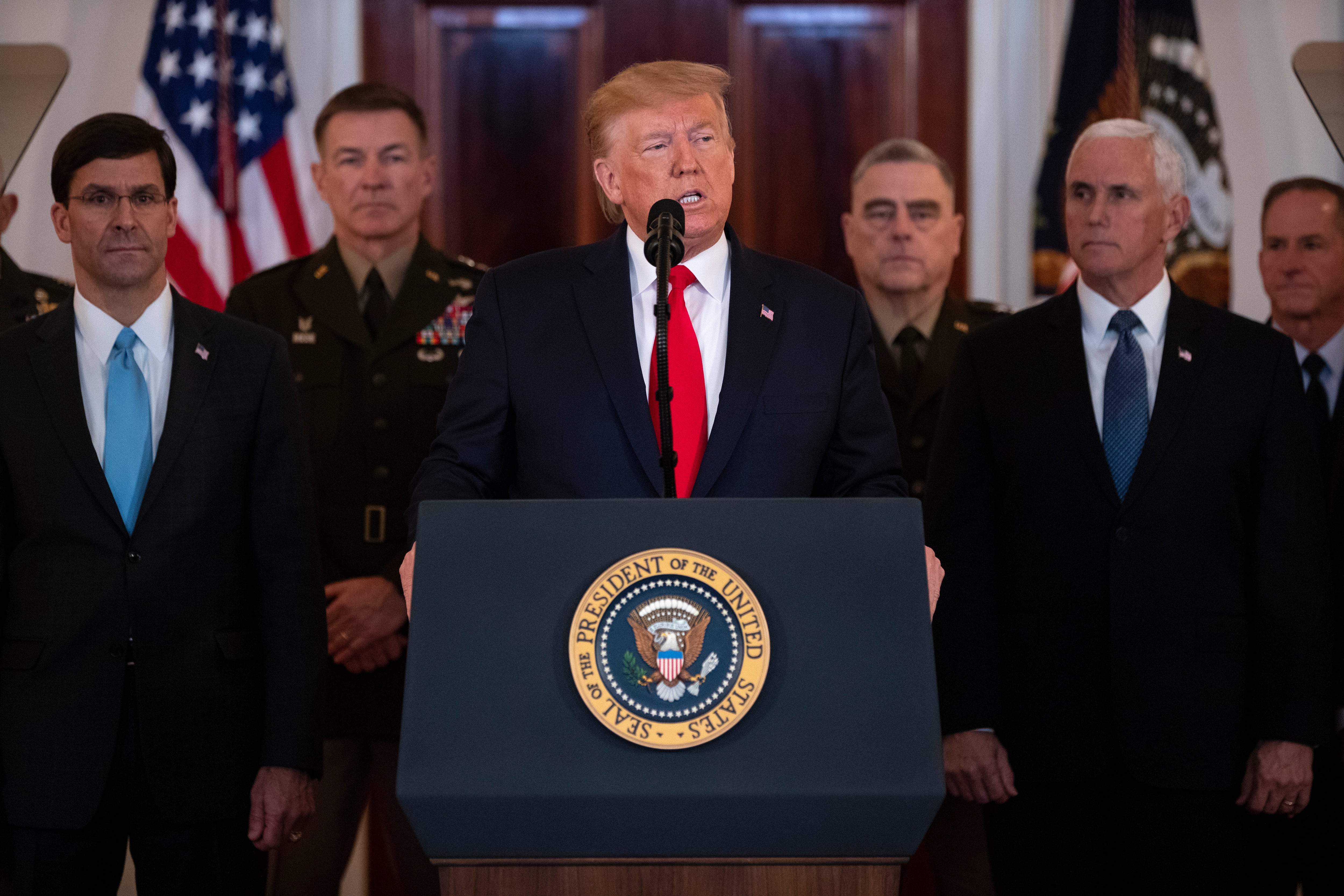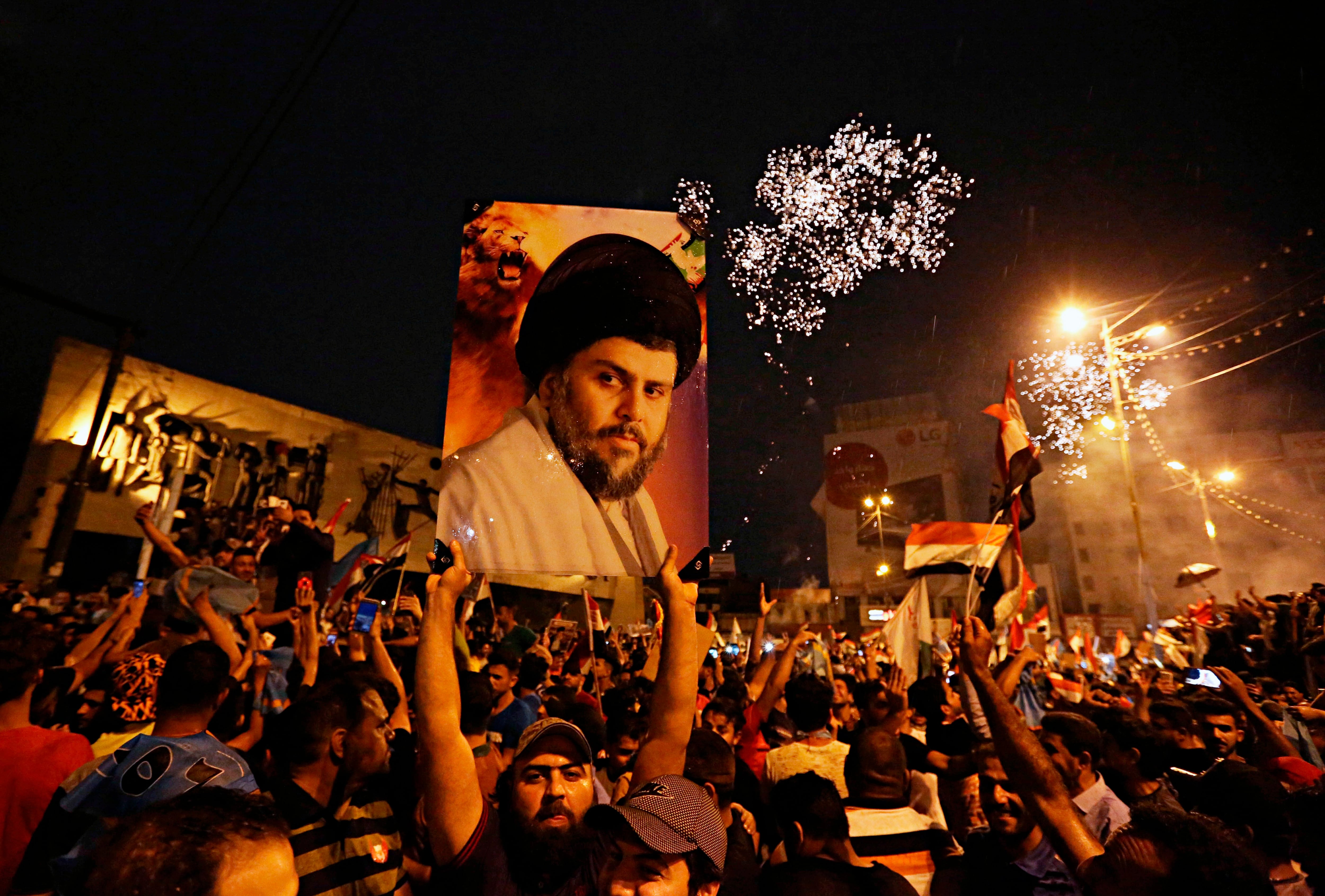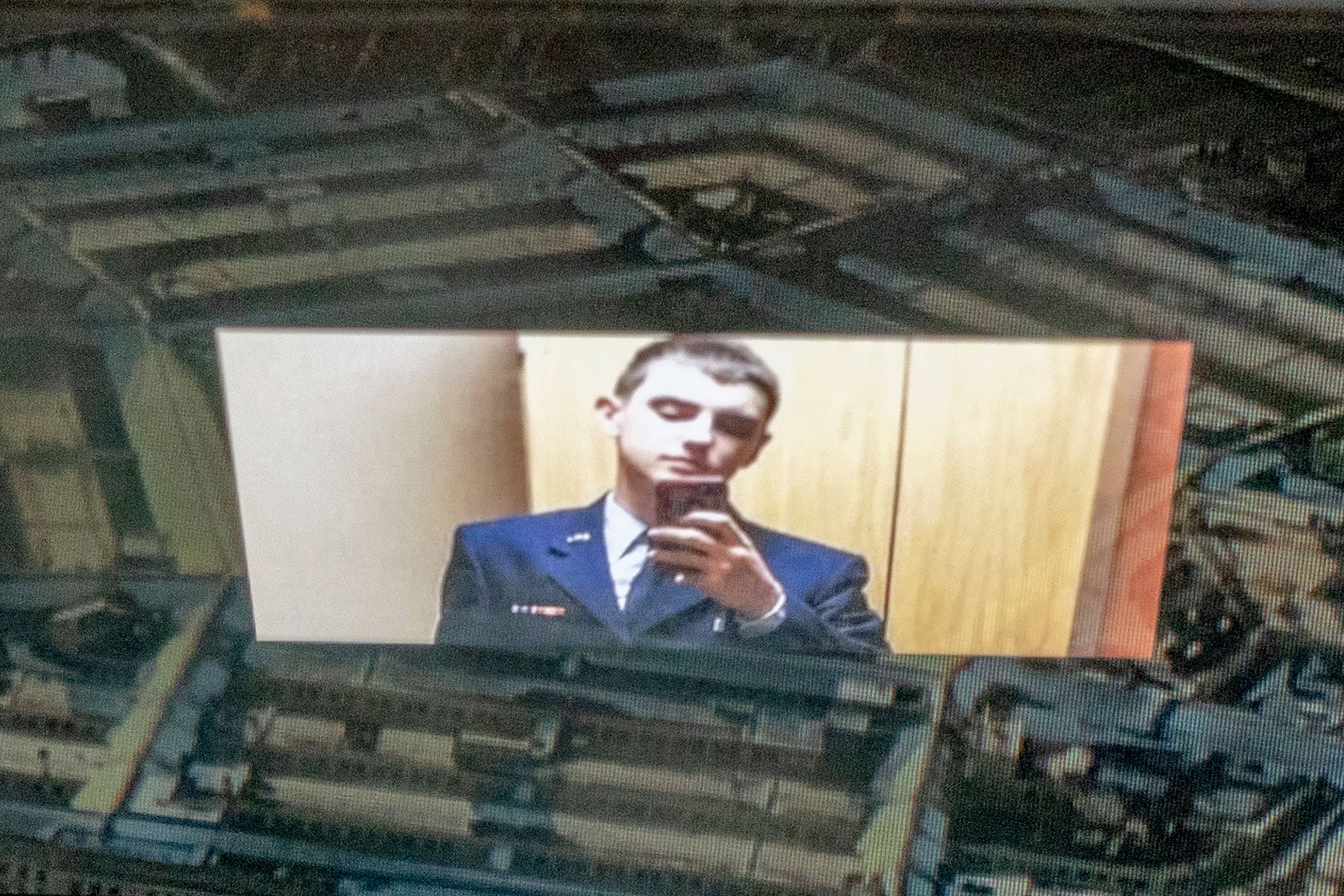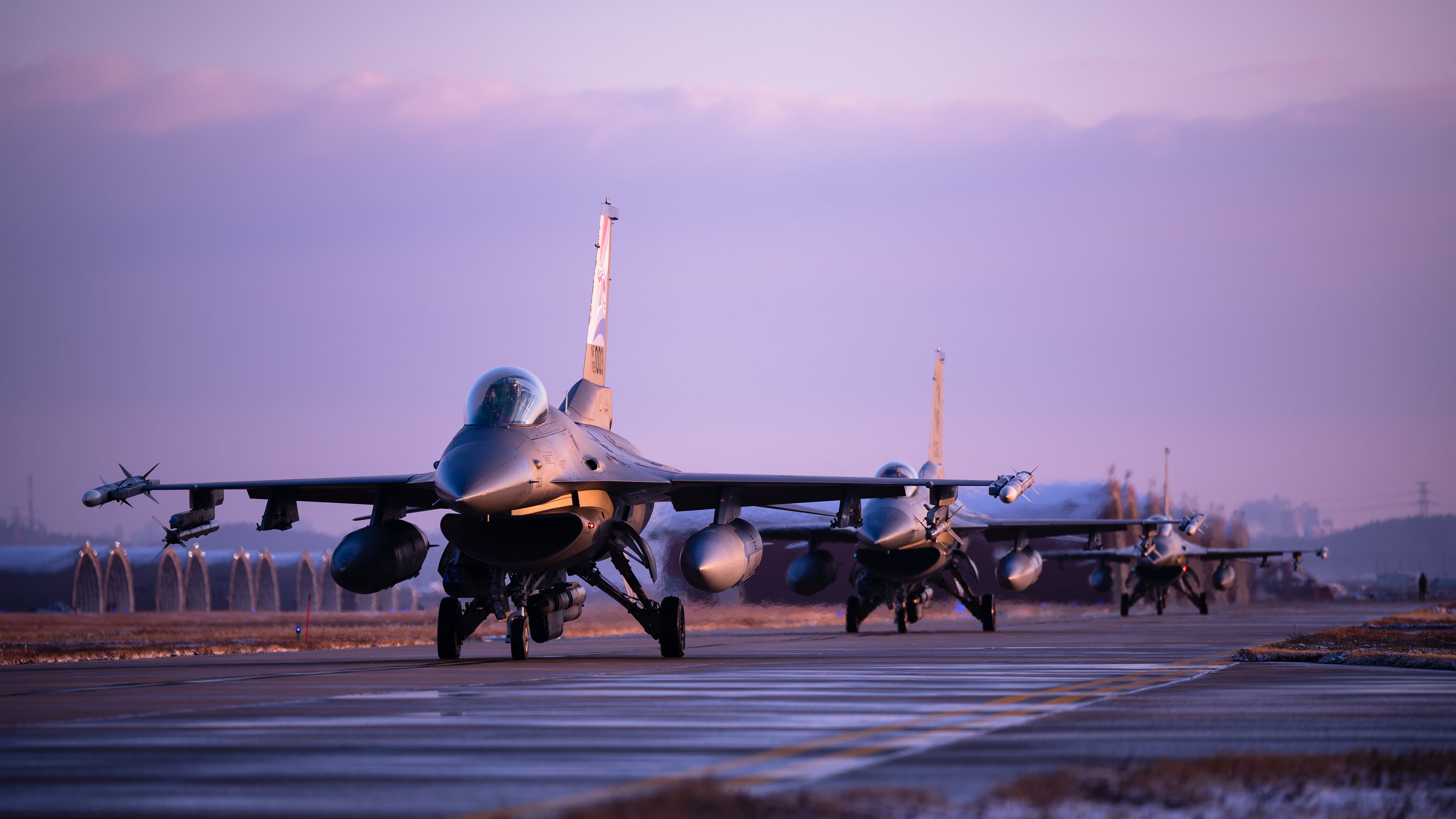During the U.S. engagement in Iraq, rocket attacks on bases were so common they garnered little public attention.
But Wednesday afternoon Eastern time, the Iraqi government claimed two rockets hit Baghdad’s Green Zone, causing no casualties.
The big difference this time is that the attack follows Iran’s ballistic missile strike of two Iraqi bases housing coalition troops. And it came just hours after President Donald Trump announced that Iran was “standing down” from further attacks.
While no group has claimed responsibility, and military officials expect continued strikes from Iranian proxies, today’s strike is a vivid reminder of how fraught the situation is in Iraq.
Neither Operation Inherent Resolve nor the Pentagon immediately responded to requests for comment. A U.S. source on the ground confirmed to Military Times that Baghdad’s Green Zone had been hit with a rocket.
The latest attack raises concerns anew of Iran-backed militias orchestrating attacks that could push the U.S. into a broader conflict with Iran — especially as tensions with Iran remain on edge following Tehran’s launch of 16 ballistic missiles targeting coalition troops housed at the al-Asad and Irbil Iraqi bases.
RELATED

Secretary of Defense Mark Esper told reporters Wednesday that Iran-backed militias in Iraq will “remain a challenge” to “sort through." The U.S. will need to be able to separate the the militias and Iran and their activities and see “who’s doing it and who’s motivating it," Esper said.
Army Gen. Mark Milley, the Joint Chiefs chairman, told reporters at the Pentagon Wednesday that he expects Shia militia groups to continue to conduct attacks against coalition troops.
But the top U.S. commander explained to reporters that there is a substantial link to these Shia groups and Iran, most notably the Iran’s Quds Force.
Esper echoed those sentiments and said that militia activity will continue in some “shape or form” to try and “undermine our presence there [Iraq]."
Rocket attacks by Iran-backed militias in Iraq have precipitated a series of events that have led to a near conflict spiral between Tehran and Washington with both sides appearing unwilling to de-escalate.
Nearly a dozen rocket attacks pushed the U.S. to launch airstrikes on Dec. 29 against Kata-ib Hezbollah and a decapitation strike killing revered Iran Quds Force commander Qassem Soleimani as well as the Iraqi Hezbollah leader Abu Mahdi al-Muhandis.
RELATED

U.S. officials believe Kata-ib Hezbollah is responsible for a number of rocket attacks in Iraq including the deadly Dec. 27 attack on the Kirkuk base that killed an American contractor.
Iran retaliated for Soleimani’s death by launching ballistic missile strikes against U.S. forces. No U.S. troops were killed or wounded in the strikes. Esper said the damage appeared minimal and included runways, taxiways and a helicopter.
A U.S. defense official confirmed to Military Times that the damaged helicopter was American.
Despite this most recent rocket attack, Iran and the U.S. appear to be pulling back from the brink of a larger military confrontation.
President Donald Trump said Wednesday that Iran appeared to be “standing down” following the ballistic missile strike, but he warned of sanctions and military retaliation if it continued its malign behavior.
“Peace and stability cannot prevail in the Middle East as long as Iran continues to foment violence, unrest, hatred and war,” Trump said at the White House on Wednesday.
Shawn Snow is the senior reporter for Marine Corps Times and a Marine Corps veteran.
Valerie Insinna is Defense News' air warfare reporter. She previously worked the Navy/congressional beats for Defense Daily, which followed almost three years as a staff writer for National Defense Magazine. Prior to that, she worked as an editorial assistant for the Tokyo Shimbun’s Washington bureau.










